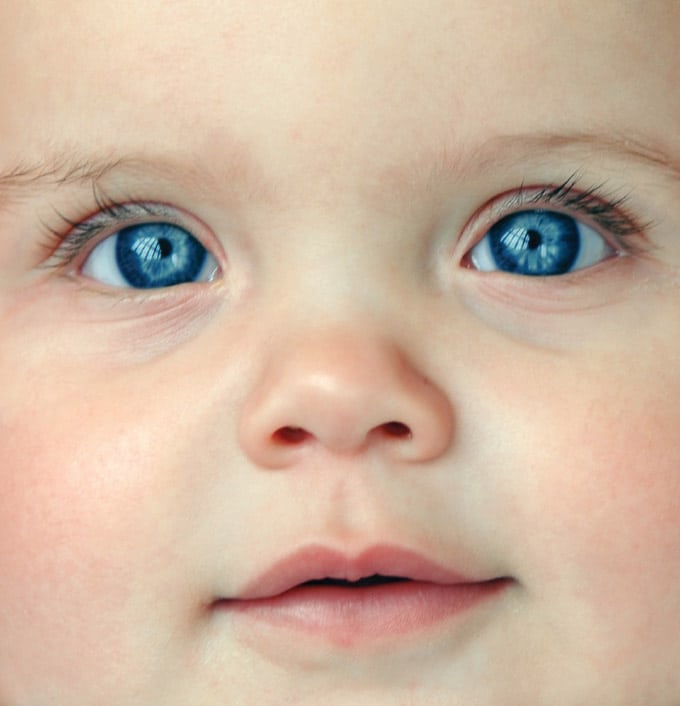 Flavia Morlachetti/Getty Images
Flavia Morlachetti/Getty Images When it comes to genetic screening, it’s usually the prospective mothers who take the initiative on it. But what about the dads? Doesn’t it take two people to have a baby? Just in time for Father’s Day, we’ve asked genetic counselor Daniella Kamara to address some of the most common questions men have about screening for genetic diseases.
1. My wife has already had genetic screening. Why do men need to be screened as well?
Even if your wife had carrier screening and her results are normal, it can be important for you (the male partner) to still be screened, although the chance of having a child with a genetic condition is very low. The reason it is important is because carrier screening can provide information for you personally as well as for your family members and future children. For example, if you find out you are a carrier for a certain genetic condition there is a 50% chance that your children will also be carriers (they will not have the disease but be carriers like you). This will be important information for them to have when they start to have children in the future. Additionally, you can inform your siblings or cousins because there is also a chance that they are carriers for the same condition and this is essential information for them to know.
2. Aren’t many genetic conditions passed down from the woman’s line?
3. We’re an interfaith couple. Doesn’t that mean we’re not at risk for genetic conditions?
4. I got screened for genetic diseases several years ago before we had our first child. Do I really need to be screened again?
5. I did the 23andMe test. Isn’t that all the genetic screening I need?
An exclusive offer from Gene Test Now for Jewish Journal readers. Save $36 on an in-home genetic screening kit from JScreen. Click here to learn more about getting screened. JScreen tests for more than 200 genetic conditions, including those that are more common in individuals of Jewish ancestry, as well as diseases that are common across ethnic groups.
GeneTestNow.com is a nonprofit initiative of the Doris Factor Endowment Fund of the Jewish Community Foundation of Los Angeles.























 More news and opinions than at a Shabbat dinner, right in your inbox.
More news and opinions than at a Shabbat dinner, right in your inbox.